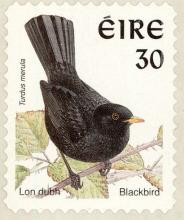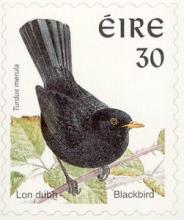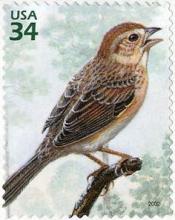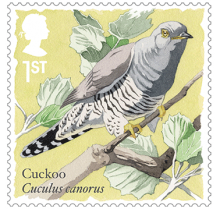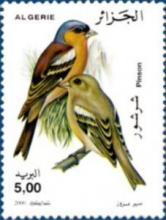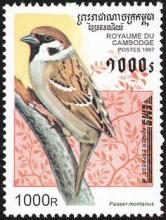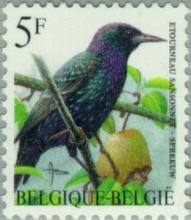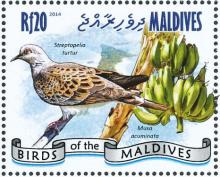Usutuvirus slaat toe, minder merels in Nederland
Er zijn dit voorjaar aanzienlijk minder merels, zo blijkt uit voorlopige tellingen door Sovon Vogelonderzoek. In vergelijking met het voorjaar van 2017 is het aantal merels in onze tuinen en parken met 15 procent afgenomen. Sinds het begin van de tellingen in 2007 is er niet eerder zo’n forse daling geweest. Naar alle waarschijnlijkheid zijn dit de gevolgen van het voor merels dodelijke usutuvirus.

